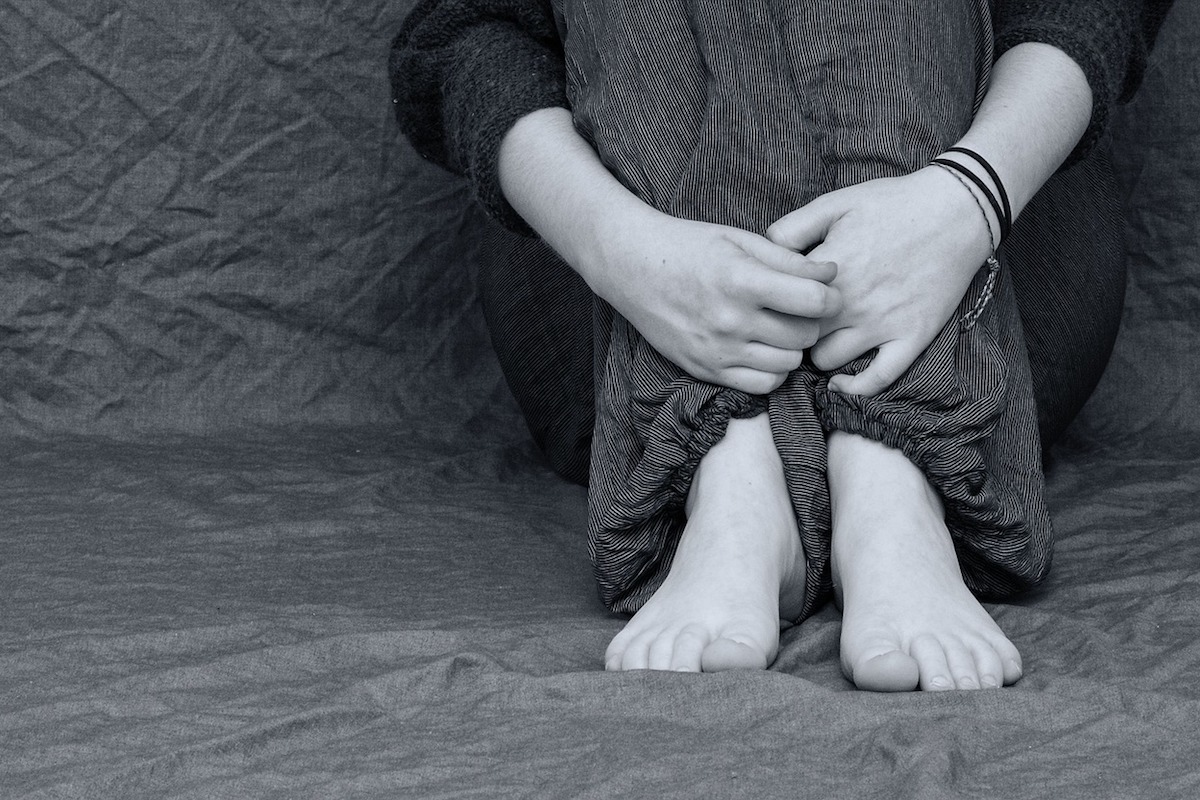When people think about abusive relationships, they often think about a man physically abusing a woman. However, anyone of any gender can engage in abusive behaviour, abuse can occur in any type of relationship, and it doesn't always leave bruises. Abusive relationships can include physical, emotional, financial, or sexual abuse.
The early warning signs of a potentially abusive relationship are often subtle and can be hard to recognize. The following five warning signs can be used to help you determine if you are in a potentially abusive relationship. Remember it is never the survivor’s/victim’s fault for experiencing abuse and it’s not their responsibility to prevent abuse. The fault and responsibility belong to the individual who engages in abusive behaviour.
1. Controlling/possessive behaviour
If you miss a text or phone call from a partner, you may find that you receive multiple calls or text messages asking about what you’re doing or why you’re not answering them. An abusive partner may become angry if you’re late coming back from an appointment and question you about where you were, and who you spoke to. Someone doing this will claim they’re acting this way because they’re concerned about you. If you find that you constantly need to provide explanations for where you have been or why you haven’t responded to calls/texts, it’s likely that your partner is attempting to control you.
2. Isolation from friends and family
An abusive partner may use emotional manipulation, such as guilt and jealousy, to try and isolate you from your friends and family. Isolation is often a gradual process and can be hard to detect. In an attempt to isolate you, a potential partner will want you to spend every moment with them because they “love you so much and can’t stand being away from you.” When you spend time with your friends and family, your partner may accuse you of caring more about your friends and family than them, or claim that your friends and family are “causing trouble” in your relationship.
3. Relationship feels “too good to be true”
Being “swept off your feet” with gifts and romance may sound like the perfect start to a new relationship, but if it feels too good to be true, it might be. Abusive partners are often exceedingly charming in the beginning of a relationship and use gifts and romance to distract from more concerning behaviours, such as jealousy and control.
4. Seeking a fast commitment
Some relationships escalate quickly for the right reasons. However, if you feel pressured to commit to a relationship early on or feel like the relationship is moving too fast and your partner doesn’t respect your request to slow down, this can be a sign of a potentially abusive relationship.
5. Blames others for their behaviour
People who engage in abusive behaviour will often blame others for their behaviour. If they’re unhappy, it will be your fault. If they had a bad day, they will blame you. They may say things like “you made me do it,” “it’s only because you mean the world to me”, “why did you make me hit you?” or “why do you make me so mad?”
Final thought
Above all else, trust your instincts. If something doesn’t feel right to you, it probably isn’t. And remember if you are experiencing abuse, it’s not your fault and there are people available to help you.
Support resources
- If you are in immediate danger, call 911.
- DSU Survivor Support Phone Line provides confidential and anonymous, non-judgemental, active listening and support. Call or text 902-425-1066 (12pm–12am, 7 days a week).
- Student Health and Wellness offers same-day counselling services. Book online or by calling 902-494-2171.
- The Sexualized Violence Advisor in the Human Rights & Equity Services office can be reached at 902-494-2704.
- Nova Scotia 211 provides free 24/7 confidential crisis services and resource navigation. Call or text 211. Toll free 1-855-466-4994.
- Nova Scotia’s Provincial Domestic Violence Phone Line provides free 24/7 confidential support. Call or text 1-855-225-0220.
- Crisis Text Line provides free 24/7 support for people in crisis. Text HOME to 686868 in Canada to text with a trained crisis responder.
- More information about intimate partner violence is available online through the Nova Scotia Domestic Violence Resource Centre.

